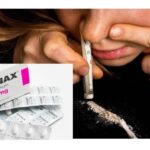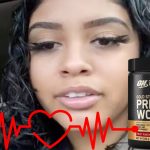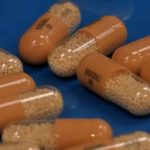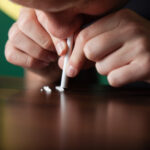Can You Snort Pre Workout?
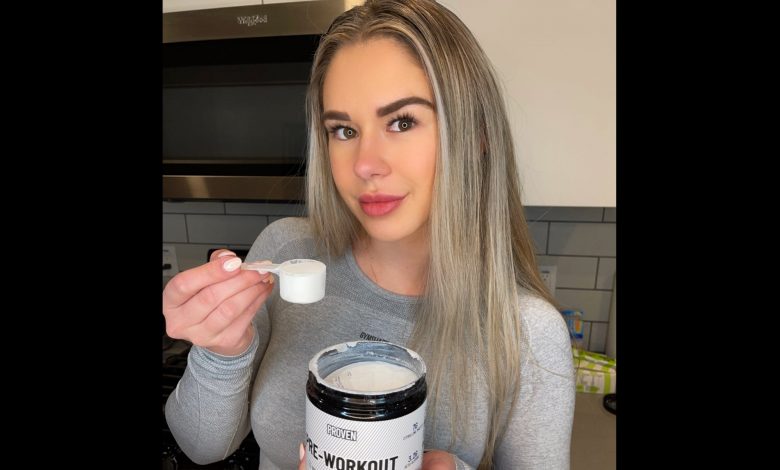
Snorting is one of the many means of using both recreational and prescription drugs. The drug is typically ground up into a powder by chopping it finely with a razor blade on a hard surface. It may then be divided into “lines,” and a straw or rolled paper may be used to inhale the drug up into the nasal passages. For some drugs, snorting is the preferred method for misuse, but the short- and long-term effects can lead to significant damage.
People often snort because they achieve a faster onset of desired effects when compared to other methods of delivery, other than smoking, which is faster than snorting. When snorted, the drug is absorbed almost immediately into the bloodstream through the soft tissues in the nasal cavities. Depending on the individual and the drug being used, it can take as little as 5 to 10 minutes for the drug to be absorbed and start producing effects when taken this way. Snorting may also amplify the effects of the drug, as is often the case with extended-release prescription medication.
What is Pre Workout and How does it work?
Pre-workout supplements — sometimes referred to as “pre-workouts” — are multi-ingredient dietary formulas designed to boost your energy and athletic performance. They’re typically powdered substances that you mix into water and drink before exercise. While countless formulas exist, there’s little consistency in terms of ingredients. Amino acids, beta-alanine, caffeine, creatine, and artificial sweeteners are often included, but quantities of these vary widely depending on the brand. Plus, some products may not have been tested for quality or purity.
How are pre-workout supplements taken?
Most pre-workout products include instructions for how to take them.
While you should follow these instructions, it’s not a bad idea to start with a smaller serving so you can assess your tolerance — especially if the supplement includes caffeine or beta-alanine. Remember, if the supplement provides beta-alanine, don’t be surprised if you notice a tingling sensation. It’s completely harmless, but some individuals may find it uncomfortable.
Most pre-workout supplements can be taken about 30–60 minutes before you work out. This allows enough time for the ingredients to reach your bloodstream and kick in. Lastly, if your pre-workout contains caffeine or other stimulants, consider the time of day that you take it since it may disrupt your ability to fall asleep.
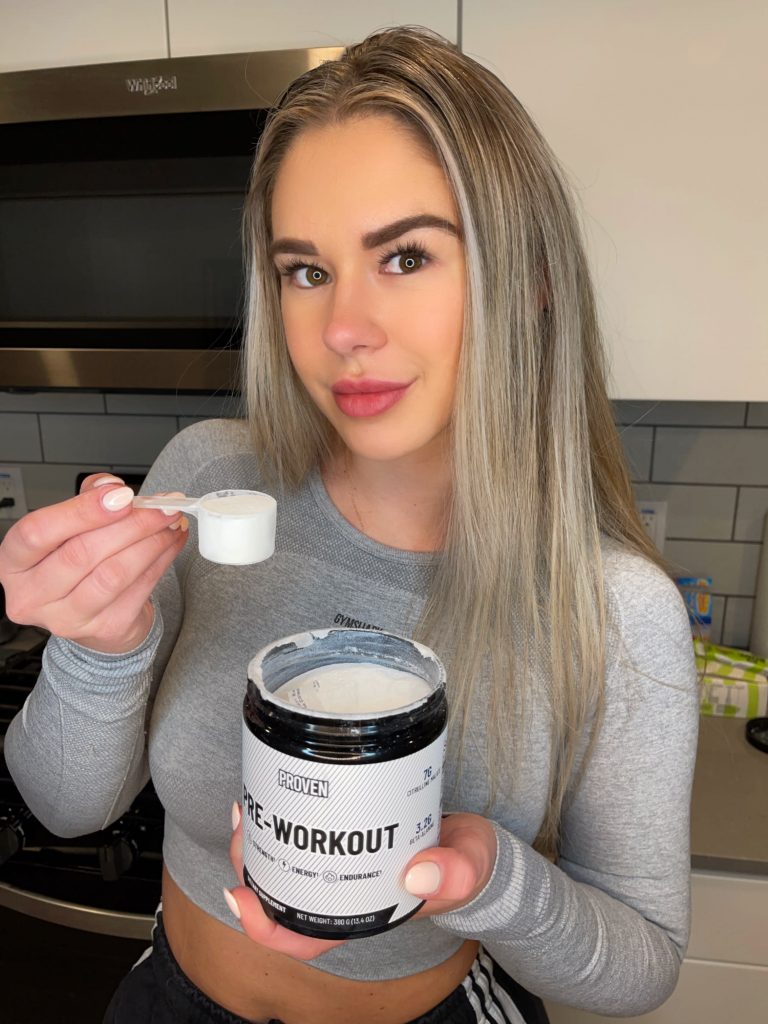
Can You Snort Pre Workout?
No, you should never snort Pre Workout or any other supplement. Pre Workouts are formulated to be taken in a particular manner, often ingested orally, and to be released slowly. When taken properly, the medication is broken down in the stomach before it is absorbed into the bloodstream over time. By snorting, the full effect of the drug is released almost immediately, which can have serious consequences.
Snorting Pre Workout can also have detrimental effects on your health. For people who repeatedly snort Pre Workout, the cumulative irritation of the external nares (nostrils), nasal passages, and sinus structures can lead to a number of adverse events, such as:
• Hoarseness.
• Irritation of the nasal mucosa.
• Loss of sense of smell.
• Nose bleeds.
• Perforation of the nasal septum.
• Problems swallowing.
• Sinusitis.
Snorting process produces an amplified state but also increases the risk of negative consequences and overdose. Recently, a 20-year-old woman suffered a heart attack after swallowing a scoop of undiluted pre-workout powder, prompting experts to warn against the dangers of the viral ‘dry scooping’ trend seen on TikTok.
In case of overdose, call the poison control helpline at 1-800-222-1222. Information is also available online at https://www.poisonhelp.org/help. If the victim has collapsed, had a seizure, has trouble breathing, or can’t be awakened, immediately call emergency services at 911.
What are the possible side effects of pre-workout?
Studies into people who regularly consume pre-workout found that 54% of participants reported side effects, including:
- Nausea
- Skin reactions
- Heart abnormalities
- Stomach upset
- Abdominal pain.
- Small blood vessel dilation
- Paraesthesia
- Water retention
- Significantly raise heart rate.
Remember that destroyed or permanently damaged nasal airways have long-term consequences because the nose filters the air as it goes into the lungs. The nose conditions the air you breathe in, in addition to cleaning it, If it’s not doing its job, the air you breathe into your lungs isn’t as good for you especially with Coronavirus everywhere around the globe.

